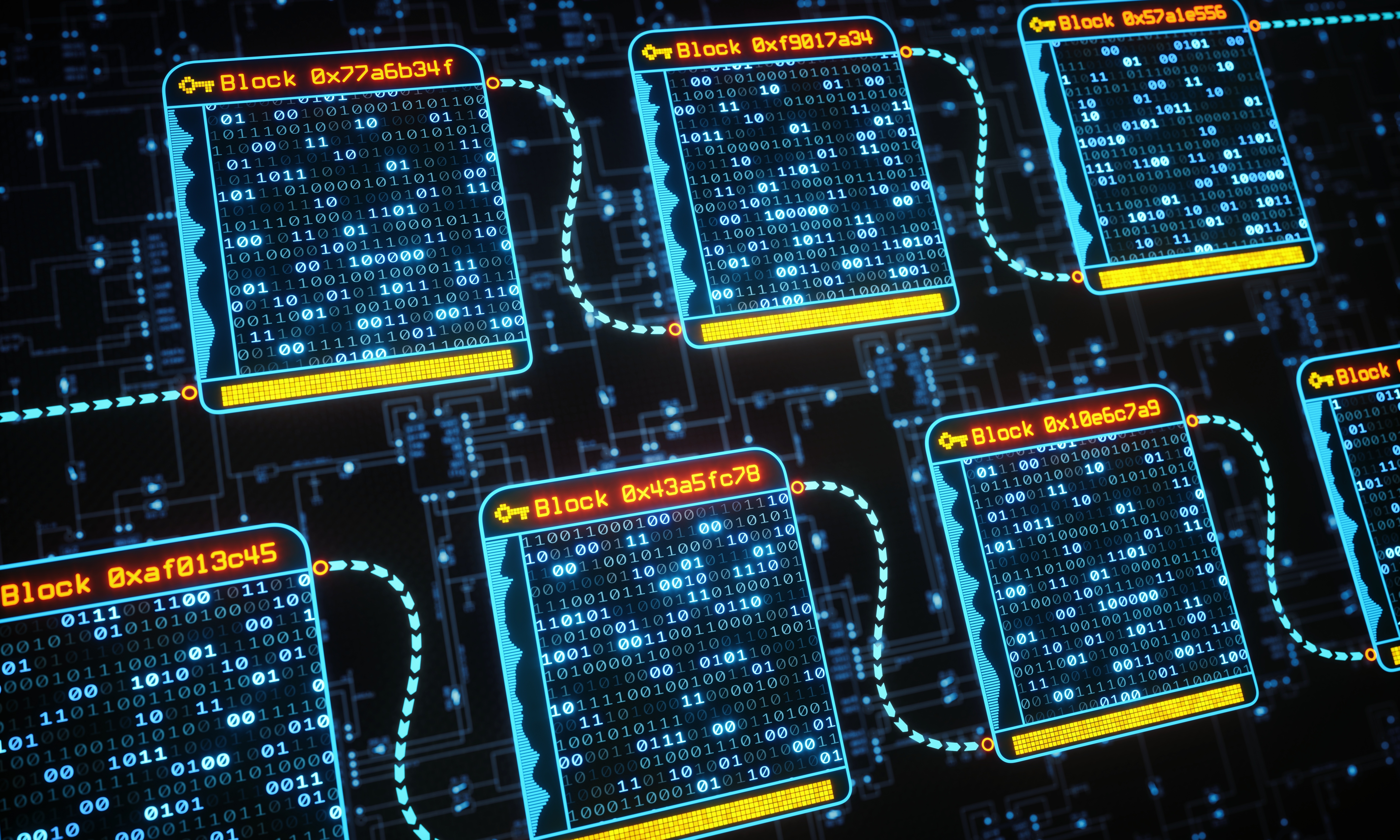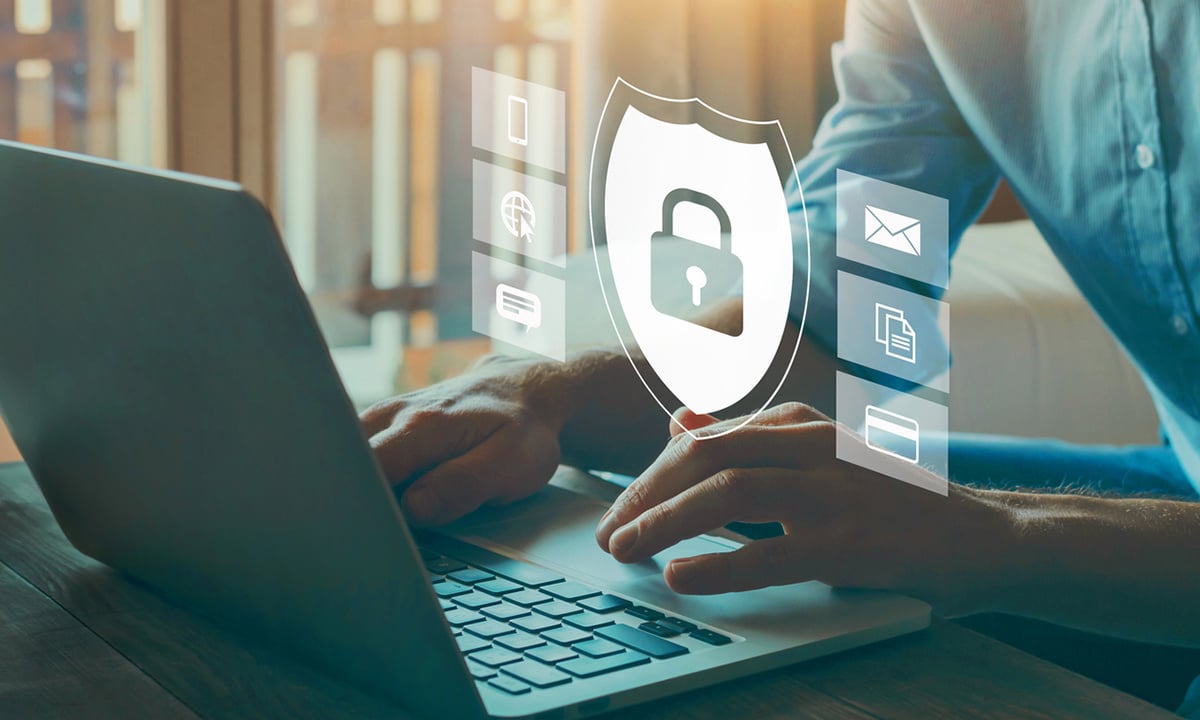As blockchain technology continues to emerge, there are a significant number of industries that may soon be impacted, including public accounting. And as a public accounting firm ourselves, we at MGA have been concerned with and continue to monitor the future of our profession, especially our roles within the audit world.
First and foremost, what is blockchain?
In an earlier blog, we explained blockchain. Click here for a brief overview.
Blockchain, also known as “distributed ledger technology,” was introduced in 2009 to support digital cryptocurrencies such as Bitcoin, Ethereum, and Ripple. Like much of the technology world, virtual cryptocurrencies rely on a database that tracks large volumes of transactions and keeps them secure. Blockchain is this database.
The technology behind blockchain consists of a series of blocks, which are essentially records of new transactions. Each block contains a timestamp and provides a link to the previous block, thus creating a chain of blocks (hence the name).
Blockchain is typically managed on a secure peer-to-peer network with procedures for validating each block. Once data is recorded, it cannot be changed without altering all the other blocks, which requires the approval of most network participants. This process supposedly creates a fraud-proof system and essentially authenticates all information exchanged, giving it tremendous potential for use outside the digital currency world.
Will blockchain technology eliminate the need for an auditor?
It’s no surprise that this new, fraud-proof technology may soon significantly change the auditing world. With the combination of peer-to-peer networking technology and cryptography, transactions are recorded and confirmed automatically, making it virtually impossible to go back and change or alter any data. When considering the authenticity that this creates, it would be easy to assume there would no longer be anything left for a CPA to audit.
However, contrary to popular belief, blockchain technology does not eliminate the need for an auditor. There are numerous reasons to continue conducting audits, even if your business is using blockchain technology. For example, blockchain technology does not reduce the risk of unauthorized, fraudulent or illegal, or related party transactions. Another example might include transactions conducted “off-chain” where the participating parties both agree to handle transactions without recording them through the blockchain ledger. This would undoubtedly create a major audit concern. It’s also important to note that even if all the underlying data is complete and accurate, it could still be misclassified in the financial statements.
There is also the possibility of auditing the blockchain itself. The integrity of blockchain technology can be tested through a variety of audit procedures. Several larger companies have already introduced methods for conducting audits on blockchains, which are currently being implemented in some financial services sectors.
To sum it up, we don’t foresee this new technology eliminating the roles of your auditor. Instead, we believe that CPAs will continue to have a vital role in the audit process and will likely see many new opportunities related to blockchain.
How is MGA reacting to this new technology shift?
Our team at MGA is closely monitoring this new technology and its implementations. Currently, blockchain technology has yet to be implemented on a large scale when it comes to the accounting industry, and therefore, no major changes are expected to be made in the foreseeable future.
However, MGA will certainly look for AICPA guidance when it is issued, as well as research and understand the audit procedures developed by larger firms.

We will continue to strive to stay ahead of the curve when this technology becomes more widely used, and until then, we will continue to educate both ourselves and our clients about the changes ahead.
.png?width=191&name=mgalogofinal-01%20(3).png)




.png)